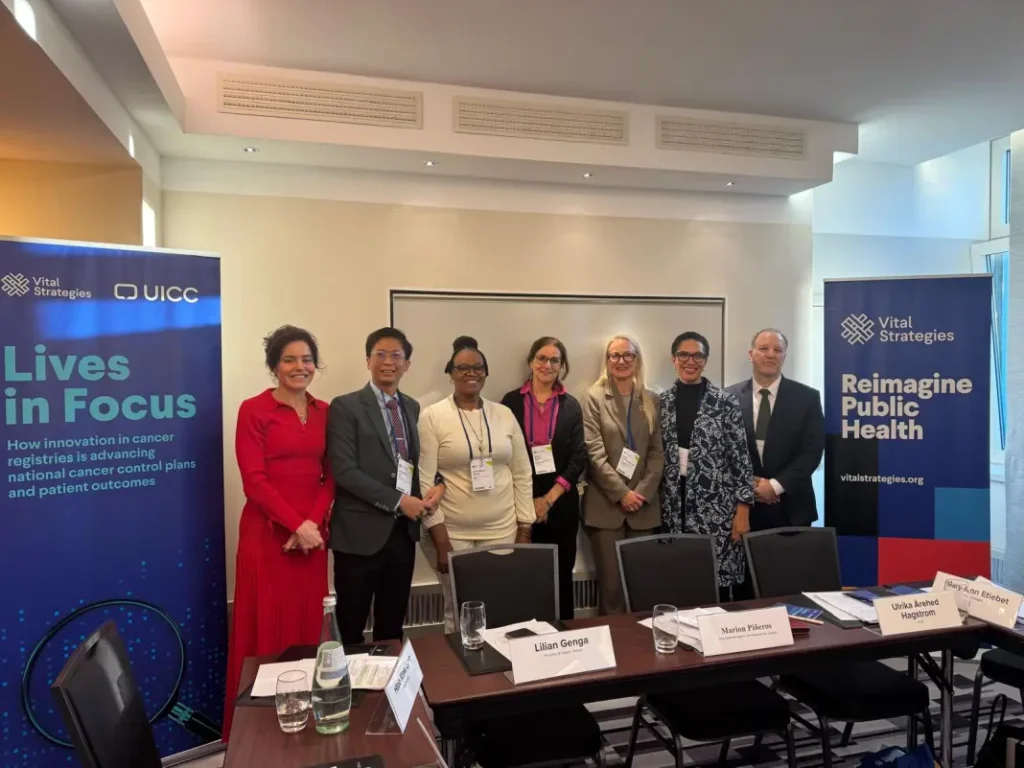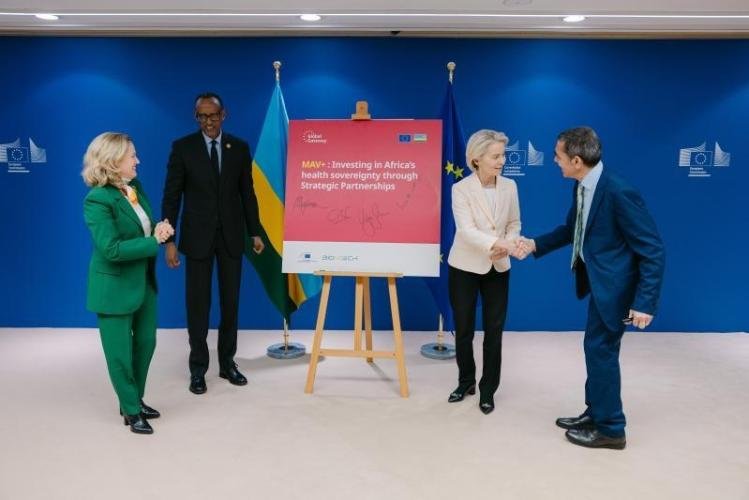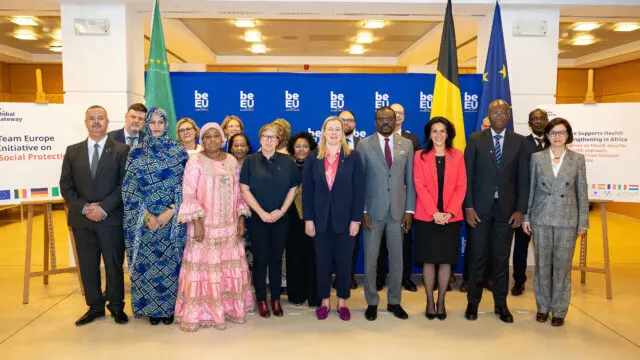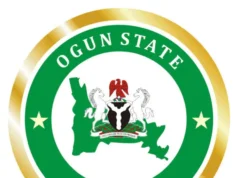In a landmark move poised to reshape health systems in sub-Saharan Africa, the World Health Organization (WHO) and the European Union (EU) have formalised an agreement to accelerate the adoption of digital health infrastructure across the continent. The collaboration, unveiled at the 2025 World Health Summit, signals a new chapter in how African countries can leverage technology to strengthen healthcare delivery, pandemic readiness and cross-border health cooperation.
Table of Contents

A new partnership with purpose
On October 17, 2025, WHO and EU officials announced their joint commitment to bolster digital health in Africa through a strategic agreement backed by a grant of €8 million. The plan spans from 2025 to 2028 and is aimed at assisting countries in sub-Saharan Africa to modernise health systems through interoperable, privacy-aware digital tools.
The agreement emerged during the World Health Summit, with WHO’s Assistant Director-General for Health Systems, Access and Data, Dr Yukiko Nakatani, alongside Dr Mohamed Yakub Janabi (WHO Regional Director for Africa), and Mr Martin Seychell, Deputy Director-General of the European Commission’s Directorate-General for International Partnerships, unveiling the terms.
Central to this collaboration is support for the WHO’s Global Digital Health Certification Network (GDHCN), a platform conceived to let nations securely verify digital health credentials across borders. The GDHCN builds on the legacy of the EU Digital COVID Certificate (EU DCC) system, which had facilitated verification of vaccination, testing and recovery status during the pandemic across 76 nations and territories. Yet only four WHO African Region countries — Benin, Cabo Verde, Seychelles and Togo — managed to participate in the EU DCC framework.
With the GDHCN under WHO’s umbrella (since its transfer in 2023), the opportunity now lies in expanding this trust-based model to many more African states, enabling more seamless—and secure—cross-border health verification of credentials.
Under the new partnership, EU funding will support national digital health efforts, while WHO commits to providing policy guidance, technical support and integration with regional bodies like the Africa Centres for Disease Control and Prevention (Africa CDC). The initiative is aligned with the EU’s broader Global Gateway strategy and forms part of the Digital Health component of the EU-Africa health partnership.
What this means for countries, citizens and health security
At its heart, the WHO-EU pact aims to deliver tangible health benefits to people on the ground. Some of the core promises include:
- Interoperable, trustworthy health records. Participating countries will be encouraged to develop national digital health systems that are interoperable, secure, and compliant with recognised standards. This would allow health records to travel with individuals—especially useful for cross-border movement, emergencies and refugees.
- Privacy, control and sovereignty. Under the agreement, each nation retains custody over its citizens’ health data; no external entity, including WHO, will gain automatic access. The network is voluntary, standards-based, and designed to respect data protection frameworks.
- Strengthening pandemic preparedness. The digital health infrastructure will support more robust surveillance, detection and response systems. Accelerated credential verification can reduce delays in health screening and certifications during outbreaks.
- Reducing fraud and streamlining processes. Digitally verifiable credentials help curb falsified vaccination certificates and ease administrative burdens in international health checks.
- Capacity building and regional synergy. WHO plans to partner with Africa CDC and other regional institutions to build local expertise, align standards, promote interoperability and facilitate cross-border health work.
For citizens, this could translate into more seamless access to health records, less bureaucratic hassle when travelling, and stronger safeguards against forgery and fraud.
But challenges remain. Countries differ significantly in their baseline digital readiness, legal and regulatory landscapes, infrastructure and human capital. The willingness of national governments to prioritise investments in health IT, manage change, ensure data security, and coordinate across ministries and agencies will be critical.

Risks, hurdles and the path forward
Though the agreement is ambitious and promising, implementation will face several hurdles. To maximise success, the following challenges must be addressed:
1. Digital divide and infrastructure gaps
Many African nations still struggle with power reliability, internet connectivity, and uneven access to mobile or broadband services, especially in rural areas. Without robust infrastructure, digital health systems may fall short of expectations.
2. Legal, regulatory and privacy frameworks
For digital health systems to operate safely, countries must adopt strong data protection laws, privacy safeguards, and regulatory oversight. Where such frameworks are weak or inconsistent, citizens’ trust may erode, and cross-border data exchange may stall.
3. Technical capacity and human resources
Building, maintaining and scaling digital health systems requires skilled staff—data scientists, health informaticians, IT support, cybersecurity experts and trainers. Many countries may need years of capacity building before they can fully own their systems.
4. Interoperability and standards
The success of GDHCN depends on consistent adoption of agreed international standards (for data formats, encryption, identity verification, API exchange). Divergence or fragmentation risks undermining the cross-border value.
5. Sustained financing and political will
The EU’s €8 million grant offers seed funding. But to sustain progress beyond the initial period, national governments must commit their own resources. Political changes, shifting priorities or economic shocks could threaten continuity.
6. Trust and citizen acceptance
For people to use digital health credentials or electronic records, they must trust that their data is safe, controlled and used ethically. Public engagement, transparency and accountability will be key to adoption.
To navigate these risks, WHO and the EU plan to work closely with regional institutions, pilot projects, peer learning platforms and stakeholder engagement. By tailoring approaches to country contexts, encouraging phased implementation, and promoting local ownership, the agreement could realise its promise.
What this means for Nigeria and the region
For Nigeria — and many of her neighbours — the WHO-EU agreement offers both opportunity and responsibility.
Nigeria, with its large population and evolving digital health ecosystem, is well-positioned to benefit. The government could integrate national initiatives like electronic health records, immunisation databases and digital health IDs with the GDHCN framework. In doing so, Nigeria can improve internal health services, streamline verification across regions, and boost resilience during health emergencies.
For the wider region, this arrangement may catalyse synergy in West Africa, East Africa and the Sahel. Cross-border movements of people—whether for trade, migration or seasonal labour—often complicate health monitoring and certification. A harmonised, interoperable digital health network can reduce friction, build regional trust, and foster coordinated responses to outbreaks.
The agreement may also nudge countries that have been reluctant or slow to digitise their health systems. It creates both technical support and a financial bridge, lowering the barrier to entry for nations that might otherwise find digital transformation daunting.
Furthermore, for regional bodies like ECOWAS, SADC, EAC and the African Union, this initiative presents an opportunity to align regional digital health policies, pool resources, and avoid duplication.
In Nigeria’s context, health ministries, national regulatory bodies, ICT agencies, cybersecurity agencies, civil society and private sector players will need to collaborate closely. They must chart roadmaps, adopt standards, train personnel and manage change—while keeping citizens’ rights at the centre.

Setting the stage for future health resilience
The agreement between WHO and the EU is more than a gesture: it represents a strategic bet on Africa’s digital health future. As nations contend with pandemics, rising chronic disease burdens and population growth, resilient health systems will increasingly depend on smart, interoperable digital foundations.
By centring on people, data privacy and cross-border trust, the WHO-EU initiative aligns with broader global health goals. Its phased, collaborative approach offers realistic pathways for African nations to graduate from fragmented systems to robust digital ecosystems.
If executed well, this partnership could usher in a new era in African healthcare: one where health credentials, vaccination records and medical histories travel securely across borders; where public health responses are faster and more coordinated; and where citizens—regardless of location—can engage with their health data confidently.
The journey will not be easy. But the alignment of the WHO’s technical mandate, the EU’s financial and partnership muscle, and the drive of African nations offers a hopeful roadmap. As implementation unfolds in the coming years, Nigeria and its continental peers may find themselves at the forefront of digital health innovation—if they steer well, invest wisely and centre trust in the process.
Join Our Social Media Channels:
WhatsApp: NaijaEyes
Facebook: NaijaEyes
Twitter: NaijaEyes
Instagram: NaijaEyes
TikTok: NaijaEyes




